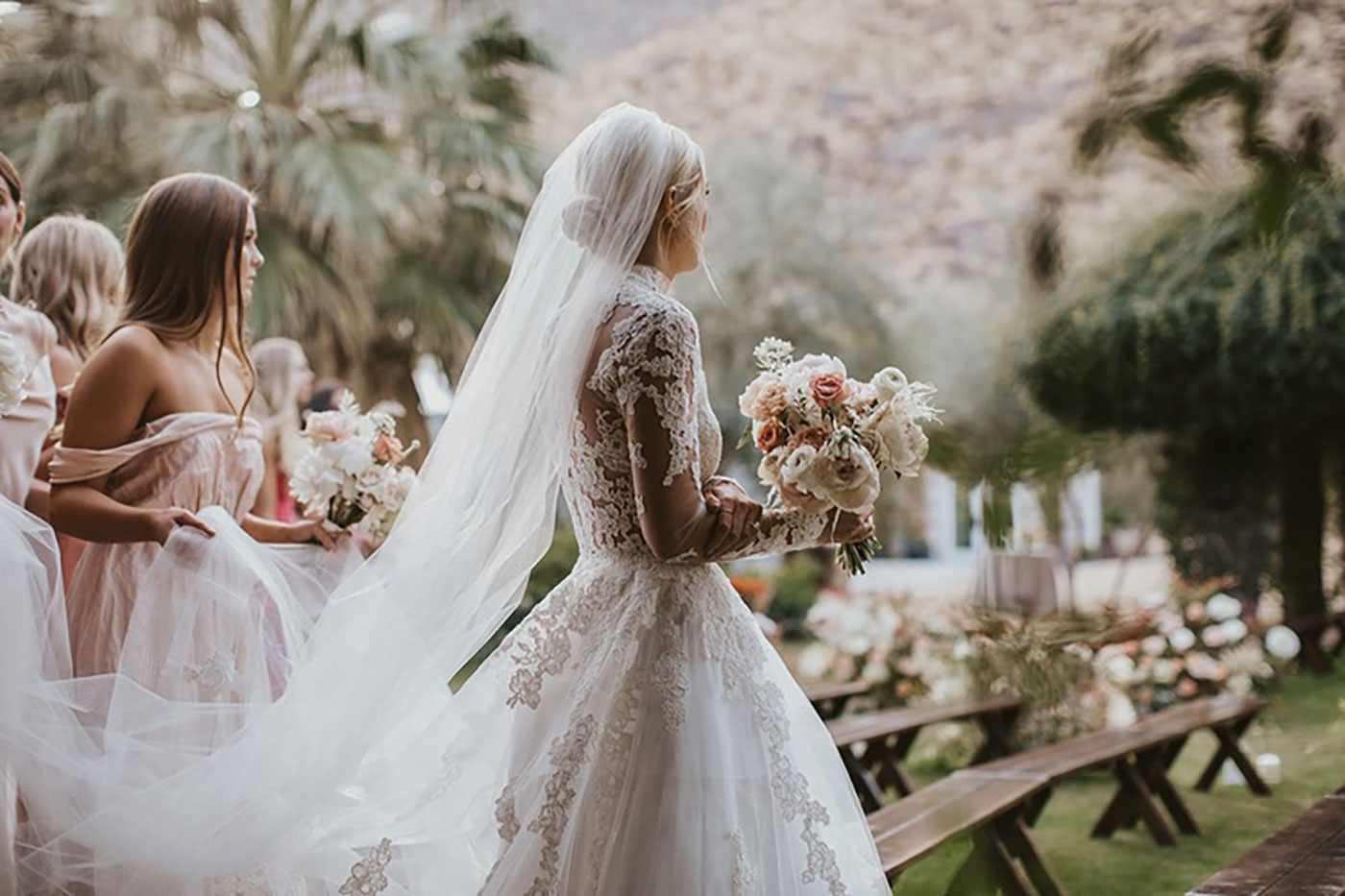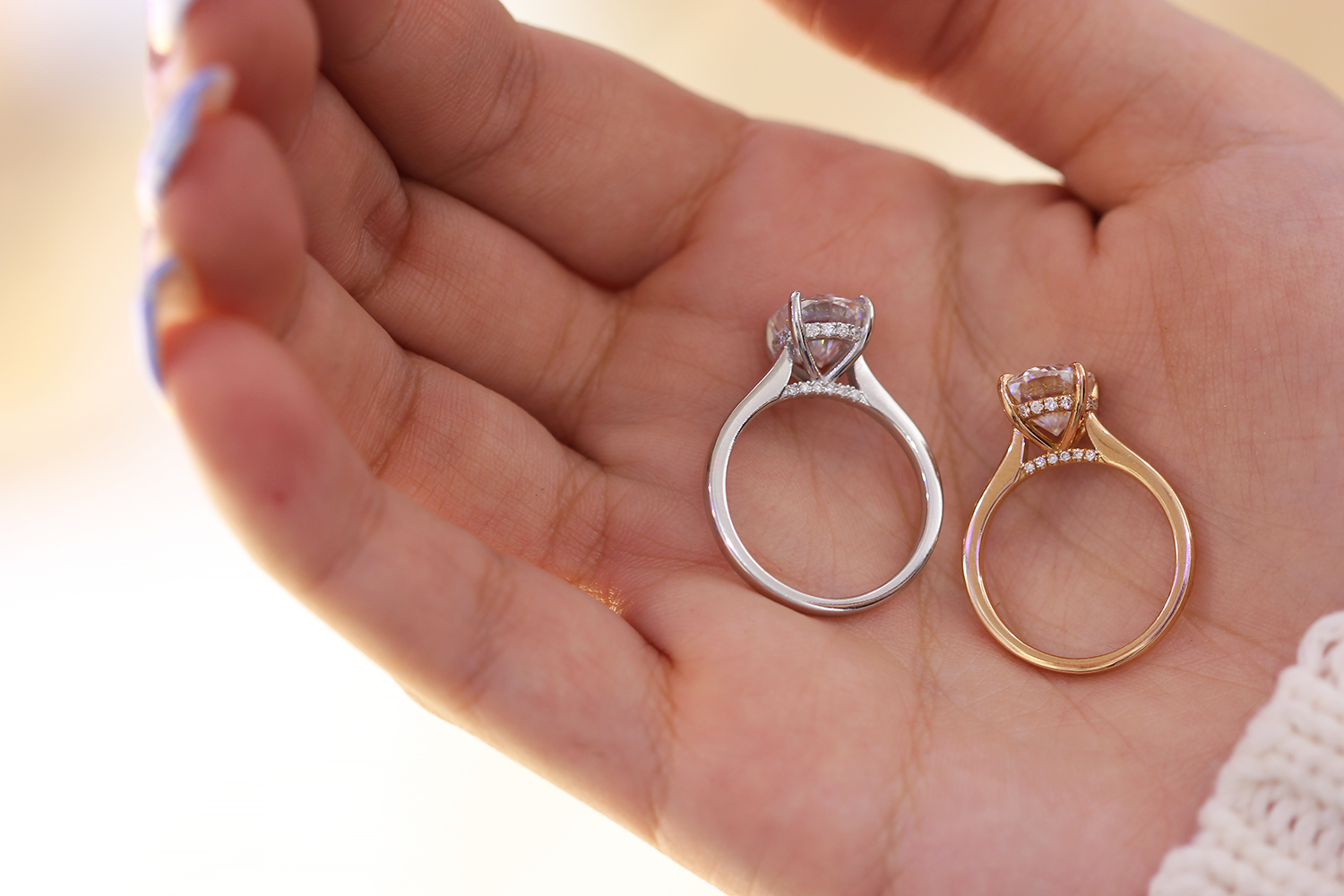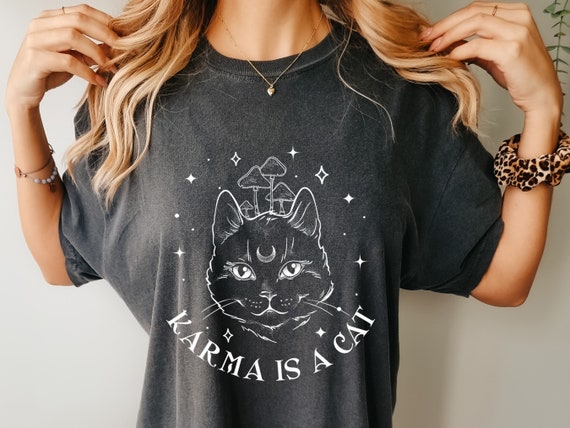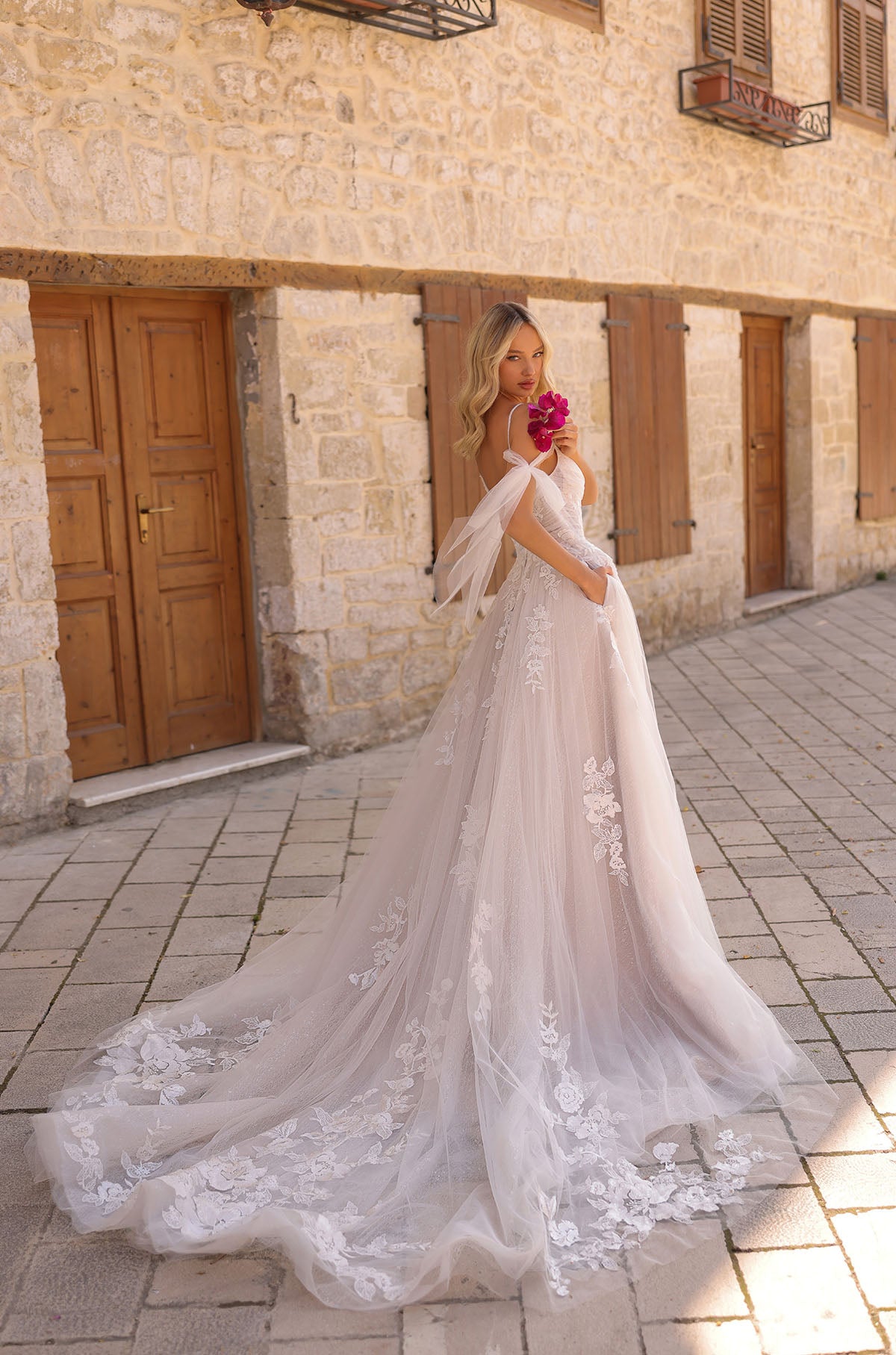They are invited to the wedding because Muslims love their relatives and friends. And they are invited using Muslim wedding invitations. Islam’s wedding rituals are unique to regions, religions, communities, and bride and groom’s preferences. Traditionally, muslim weddings are full of pomp and splendor with elaborate decorations, bright colors, dancing, costumes, and rituals reflecting the couple’s respective communities, religions, and preferences.
Table of Contents
Types of Ceremonies at Muslim Weddings
Throughout the world, weddings are surrounded by a variety of customs and cultures. Among them is the Muslim wedding, which is among the most colorful and spectacular. Islamic ceremonies involve a variety of rituals and unique traditions that make it one of the most popular religions. Indian women marry by following traditional Islamic rules over 172 million times a year.
Muslims use cards for Muslim wedding invitations to invite people on the ceremonies,
-
Salatul Istikhara
An Imam performs this prayer to ask Allah’s blessings for the marriage as part of a pre-wedding ritual. The marriage is then officially announced in this ritual.
-
Imam Zamin
Istikhara is followed by Salatul Istikhara. An honorary visit to the bride’s home is given by the groom’s mother. Gifts and sweets are included, as well as an ominous silver or gold coin. As the bride’s formal welcome and acceptance into the new family, it’s tied around her wrist in a silk scarf.
-
Mangni
Mangni, as we all know, is an engagement. The ceremony is witnessed by close relatives and friends. Gifts are exchanged between both families. In this ceremony, the bride and groom publicly declare their engagement.
-
Manjha
In the Muslim community, manjha is equivalent to haldi. A manjha ceremony is typically held two days before a wedding. They are smeared with turmeric, sandalwood and rosewater paste in their respective homes, wearing yellow clothing and wearing sandalwood jewelry.
They are being bathed in holy water after some celebrations that are being held. The marriage day is the only day they can leave their homes.
-
Mehendi
A mehendi ceremony is one of the most important rituals at a Muslim wedding. Female relatives and friends of the bride gather to perform it. Bridal mehendi designs drawn by an expert or relative skilled in mehendi application on the bride’s hands and feet are beautiful. On the night of the wedding, the groom must find the hidden initials in the design.
-
Sanchaq
As part of the traditional exchange of gifts, the groom’s family members collect sweets, bridal outfits, and jewelry for the bride’s family. A male member of the bride’s new family officially blesses, supports, and shows affection at the end of the pre-wedding ritual.
What is Marriage Age in India?
In the past, people married more often when they were younger. Women in India now marry on average at the age of 21 as per the 2011 Census of India. In 2009, 7.5% of married women were younger than the legal age of marriage. The average age of marriage for Indian women is 20 years old. Marriages in India still involve the involvement of family and parents. In recent years, several studies have indicated the decline of arranged marriages in India. Only a few marriages were arranged without consent in India, and most were arranged with consent. It seems that self-arranged marriages are on the rise in India (also called love marriages), with urban women being especially inclined to this practice.
Wedding Industry in India
India is known throughout the world for its weddings. Every year, millions of invitations for Indian weddings go out. According to KPMG, the Indian wedding industry costs $40-50 billion annually. Brazil has approximately $70 billion in wedding purchases, which makes it the second largest wedding market in the world after the United States. In spite of the fact that this market is highly unorganized, large companies are attempting to enter it. Several factors contribute to the industry’s expansion, including social media and an economy in flux. According to estimates, weddings in India cost between INR 5 lakhs and INR 5 crores. In other words, they are approximately $7,471.14 and $774,743.50, respectively. A typical Indian makes five times more than their lifetime earnings in one in five weddings.
Gathering at Muslim Weddings
In Muslim weddings, guests are invited to weddings by wedding cards.
There is no wedding without relatives and friends in India, so muslim wedding invitations are very popular and important.
Muslim wedding invitations are an integral part of the ceremony.
Destination Weddings
Celebrities and other Muslims have destination weddings, and they all send Muslim wedding invitations online to relatives and friends. The number of Muslim weddings abroad is on the rise. Approximately 45 billion rupees are expected to be spent on overseas weddings by 2020.
Wedding Photography
Pre-wedding photoshoots are also a common part of Muslim weddings. Generally, the cost of a wedding photo shoot ranges between 15,000 and 100,000 rupees per day. Everyone who attends the wedding gets their picture taken.
Clothing in Muslim Weddings
For Muslim brides, the wedding dresses tend to be long and cover a portion of their heads. There may be a finely colored scarf resembling a hijab or it may even be a covering for the head, such as a dupatta.
Muslim wedding dresses feature stone-work, thread embroidery, sequins, and come in vivid, rich colors with either muted light colors or deep, dark colors. Pastel colors rarely appear in these dresses, despite no specific rule prohibiting them.
Duration of Muslim Weddings
Muslims usually celebrate weddings over three days in traditional wedding ceremonies. There are two separate wedding rituals that occur prior to the observance of the wedding ceremony: one at the groom’s house and the other at the bride’s house. Both involve dancing and singing.
Conclusion:
Muslim weddings are joyous occasions. Muslim weddings, however, are enjoyed by everyone more than any other wedding. And inviting people with the Muslim wedding invitations cards is so pretty because it gathers the guests together.
The absence of friends and family makes a wedding seem incomplete and unhappy. The Muslim wedding invitations play a very important part in Muslim weddings.













